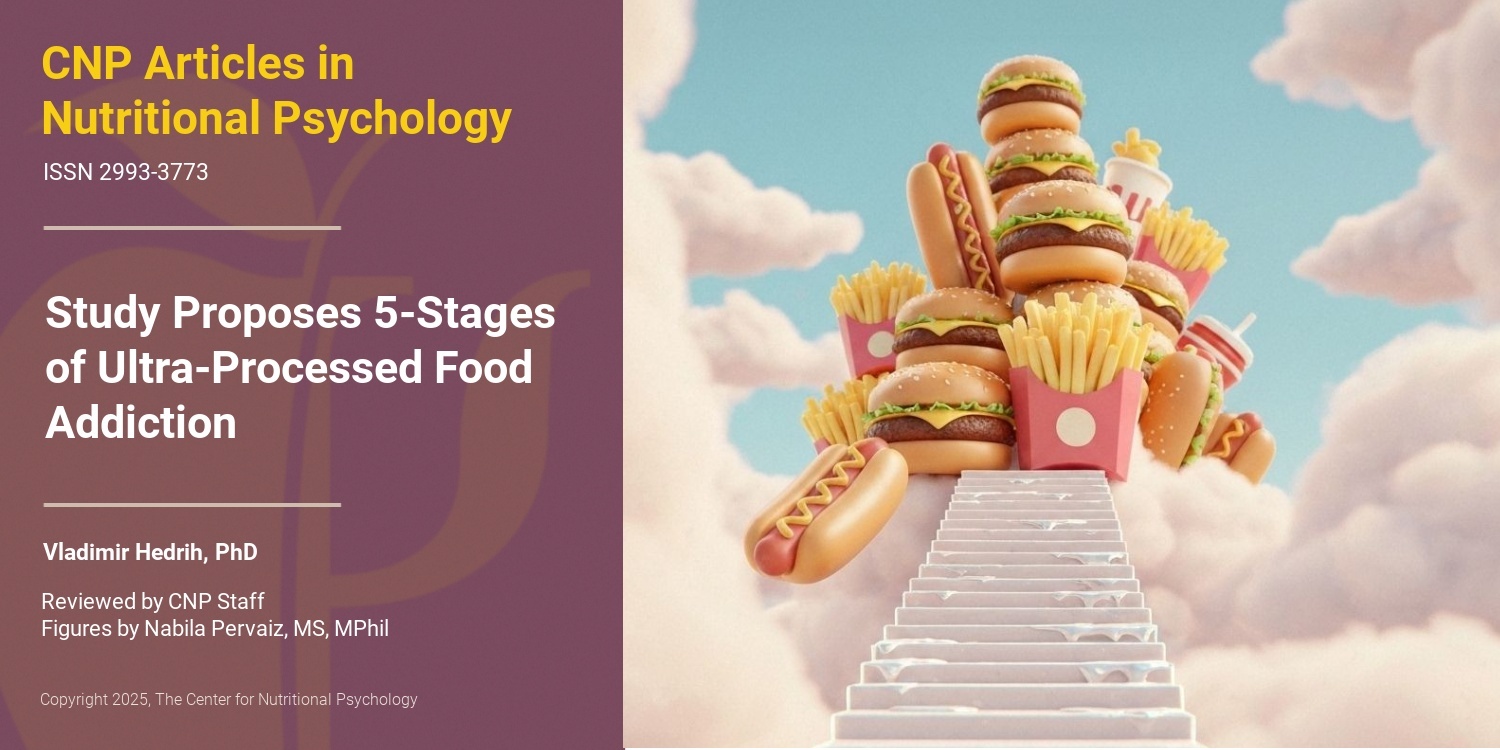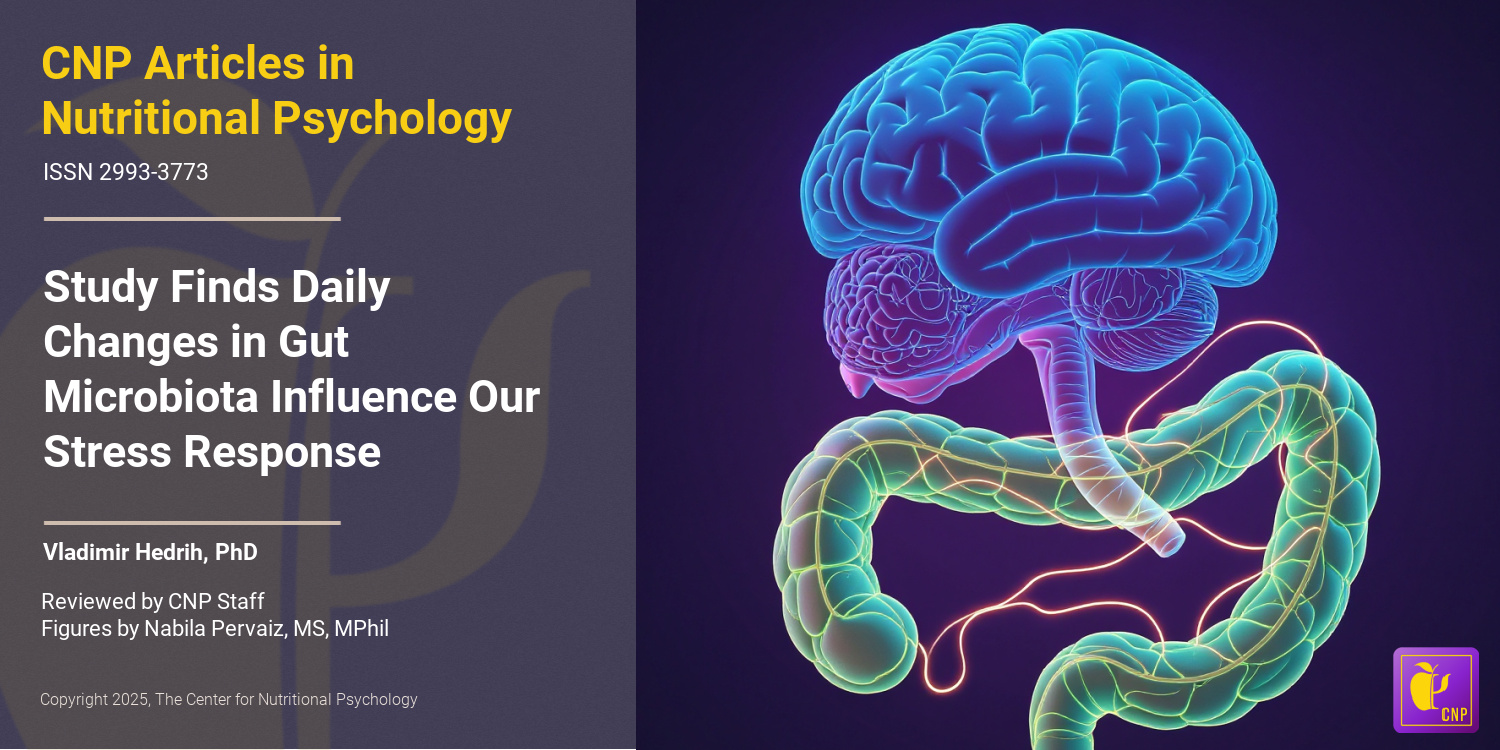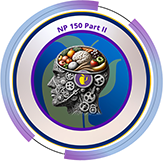- A study in Iran published in BMC Nutrition found that individuals adhering to the Nordic diet tended to show lower levels of anxiety, depression, and stress after recovering from COVID-19.
- Higher intake of whole grains was associated with lower levels of anxiety, depression and stress.
- Individuals with more root vegetables in their diets tended to have better sleep quality.
The body needs a wide variety of nutrients to stay healthy. Some are needed in large quantities, and they are called macronutrients, while others are needed in smaller quantities (micronutrients). Still, all of these nutrients are needed for our body to remain healthy. To obtain all the nutrients found in different food items, people establish patterns of eating and drinking we refer to as “diets” (or, in nutritional psychology, “dietary intake patterns”).
The Nordic diet
The Nordic diet is a nutritional approach based on traditional foods commonly consumed in the Nordic countries—Norway, Denmark, Sweden, Finland, and Iceland. It emphasizes a high intake of whole grains, such as barley, rye, and oats; locally sourced fruits and berries, especially those native to the region, like lingonberries and bilberries; and vegetables, particularly root vegetables and cabbages.
The diet also includes a significant amount of fatty fish such as salmon, mackerel, and herring, which provide a healthy dose of omega-3 fatty acids. Lean meats, particularly game meats and free-range livestock, are also part of the diet, though consumed in moderation. Dairy products are included but typically in fermented forms like fermented milk and cheese (Adamsson et al., 2012) (see Figure 1).

Figure 1. Traditional foods common in Nordic countries
Multiple research studies examined the health effects of the Nordic diet and its associations with health outcomes. They tended to report beneficial results, often comparing the Nordic diet with the Mediterranean diet, another food intake pattern known for its health benefits. These studies found the Nordic diet to be beneficial for conditions including low-grade inflammation and cardiovascular health in individuals with high cholesterol, overweight, and high blood pressure (Adamsson et al., 2011; Lankinen et al., 2019; Poulsen et al., 2014).
The Nordic diet has been found to be beneficial for conditions involving low-grade inflammation and cardiovascular health
The 2020 COVID-19 pandemic
The COVID-19 pandemic was a global health crisis caused by the novel coronavirus SARS-CoV-2, which first emerged in late 2019. It led to widespread illness and death across the globe, significantly impacting public health, economies, and daily life. Governments worldwide responded with measures such as lockdowns, travel restrictions, and mask mandates to control the spread of the virus.
The COVID-19 disease, once triggered by the SARS-CoV-2 virus, predominantly affects the respiratory system, typically causing symptoms like coughing, shortness of breath, and pneumonia. However, it can also affect other body systems and lead to a wide range of symptoms, including fever, fatigue, and loss of taste or smell. In severe cases, COVID-19 can cause complications such as acute respiratory distress syndrome, cardiovascular issues, and multi-organ failure (Huang et al., 2020).
A study reported that 35% of COVID-19 patients also have (or develop) moderate or severe psychological symptoms. A review of studies reported that 36% of COVID-19 patients developed anxiety, while 42% showed symptoms of insomnia (Araste et al., 2024).
Thirty-five percent of COVID-19 patients have (or develop) moderate or severe psychological symptoms
The current study
Study author Asie Araste and her colleagues wanted to investigate the association between adherence to the Nordic diet and mental health symptoms in both individuals who recovered from COVID-19 and healthy people.
Study participants were 123 individuals who recovered from COVID-19 within the past 1 month and 123 healthy adults with no history of COVID-19. They were referred to the Qaem Hospital in Mashad, Iran. The average age of participants was 57-60 years. Around 45% of participants were female. The two groups showed differences in dietary patterns and overall energy intake (Araste et al., 2024).
Study participants completed a dietary intake assessment (Food Frequency Questionnaire) and assessments of depression, anxiety, and stress (the DASS scales), sleep quality (the Pittsburgh Sleep Quality Index), insomnia severity (the Insomnia Severity Index), and quality of life (the Short-Form Health Survey, SF-36) (see Figure 2).

Figure 2. Study procedure
Individuals whose diets were closer to the Nordic diet tended to have better mental health indicators
The results of this study indicated that individuals consuming more whole grains tended to have lower anxiety, stress, and depression scores. Those eating more fruits tended to have lower depression scores. Individuals consuming more root vegetables tended to have less pronounced insomnia symptoms and better sleep quality.
Individuals whose dietary pattern was highly similar to the Nordic Diet (i.e., who showed high adherence to the Nordic diet) tended to have lower symptoms of anxiety, depression, and stress. This association was detected after adjusting for age, education, gender, and energy intake. However, the link between adherence to the Nordic diet and these mental health outcomes was present only in participants who recently recovered from COVID-19. It was absent in the group of healthy participants. There were no associations of adherence to the Nordic diet with sleep quality, insomnia, or quality of life in either of the two groups (see Figure 3).

Figure 3. Nordic diet and mental health
Conclusion
The study showed that individuals eating more whole grains, fruits, and root vegetables tended to have better values of specific mental health indicators. Among individuals who recently recovered from COVID-19, those whose dietary patterns highly resembled the Nordic diet tended to have lower symptoms of stress, anxiety, and depression.
The design of this study does not allow any cause-and-effect conclusions to be drawn. Therefore, it is not possible to say whether adherence to the Nordic diet leads to lower levels of stress, depression, and anxiety symptoms or whether lower levels of these symptoms allow individuals to structure their dietary patterns in a way that highly resembles the Nordic diet. Other possibilities are also open.
However, a balanced diet affording all the necessary macro and micronutrients is a prerequisite for maintaining good physical and mental health. Enroll in NP 150 (Coming Summer 2024) to learn about the mechanisms connecting diet and mental health.
The paper “Adherence to the nordic diet is associated with anxiety, stress, and depression in recovered COVID-19 patients, a case-control study” was authored by Asie Araste, MohammadReza Shadmand Foumani Moghadam, Kimia Mohammadhasani, Mohammad Vahedi Fard, Zahra Khorasanchi, MohammadReza Latifi, Elahe Hasanzadeh, Nasrin Talkhi, Payam Sharifan, Parisa Asadiyan-Sohan, Marjan Khayati Bidokhti, Arezoo Ghassemi, Reza Assaran Darban, Gordon Ferns, and Majid Ghayour-Mobarhan.
References
Adamsson, V., Reumark, A., Cederholm, T., Vessby, B., Risérus, U., & Johansson, G. (2012). What is a healthy Nordic diet? Foods and nutrients in the NORDIET study. Food & Nutrition Research, 56(1), 18189. https://doi.org/10.3402/fnr.v56i0.18189
Adamsson, V., Reumark, A., Fredriksson, I.-B., Hammarström, E., Vessby, B., Johansson, G., & Risérus, U. (2011). Effects of a healthy Nordic diet on cardiovascular risk factors in hypercholesterolaemic subjects: A randomized controlled trial (NORDIET). Journal of Internal Medicine, 269(2), 150–159. https://doi.org/10.1111/j.1365-2796.2010.02290.x
Araste, A., Moghadam, M. R. S. F., Mohammadhasani, K., Fard, M. V., Khorasanchi, Z., Latifi, M., Hasanzadeh, E., Talkhi, N., Sharifan, P., Asadiyan-Sohan, P., Bidokhti, M. K., Ghassemi, A., Darban, R. A., Ferns, G., & Ghayour-Mobarhan, M. (2024). Adherence to the nordic diet is associated with anxiety, stress, and depression in recovered COVID-19 patients, a case-control study. BMC Nutrition, 10(1), 38. https://doi.org/10.1186/s40795-024-00845-x
Huang, C., Wang, Y., Li, X., Ren, L., Zhao, J., Hu, Y., Zhang, L., Fan, G., Xu, J., Gu, X., Cheng, Z., Yu, T., Xia, J., Wei, Y., Wu, W., Xie, X., Yin, W., Li, H., Liu, M., … Cao, B. (2020). Clinical features of patients infected with 2019 novel coronavirus in Wuhan, China. The Lancet, 395(10223), 497–506. https://doi.org/10.1016/S0140-6736(20)30183-5
Lankinen, M., Uusitupa, M., & Schwab, U. (2019). Nordic Diet and Inflammation—A Review of Observational and Intervention Studies. Nutrients, 11(6), 1369. https://doi.org/10.3390/nu11061369
Poulsen, S. K., Due, A., Jordy, A. B., Kiens, B., Stark, K. D., Stender, S., Holst, C., Astrup, A., & Larsen, T. M. (2014). Health effect of the New Nordic Diet in adults with increased waist circumference: A 6-mo randomized controlled trial1234. The American Journal of Clinical Nutrition, 99(1), 35–45. https://doi.org/10.3945/ajcn.113.069393













